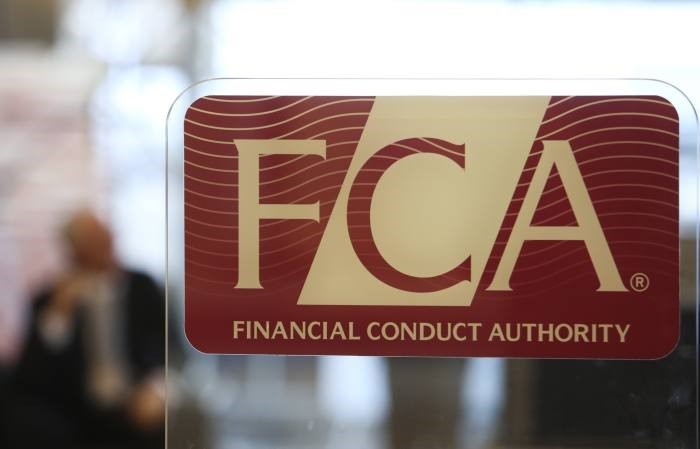Faster and more assertive decision making in relation to non-compliance issues are at the heart of a series of changes proposed by the Financial Conduct Authority (FCA).
The FCA has begun consultation of the shift of some decision-making from its Regulatory Decisions Committee (RDC) to its Authorisations, Supervision and Enforcement Divisions in a move that will give greater responsibility for decisions to senior members of FCA staff close to the matters.
It said the changes will enable it to make “faster and more effective decisions” to help improve how it tackles “firms and individuals who do not meet the required standards”.
The move is designed to prevent consumer harm faster, it said.
Emily Shepperd, the FCA’s executive director of authorisations, said: “The proposed changes will allow us to be more efficient by making best use of the breadth of expertise across the FCA and by putting certain decisions back to the subject matter experts.
“As a result of that there will be greater accountability in those areas.
“The changes will help to increase the speed and reduce the regulatory costs of dealing with firms and individuals that fail to meet the FCA standards.
“As part of our transformation we will continue to take a fresh approach to tackle firms and individuals who do not meet the required standards.
“As part of this, we aim to become a forward looking, proactive regulator - one that is tough, assertive, confident, decisive and agile.”
The RDC is a committee of the FCA Board. At present it takes certain decisions on behalf of the FCA.
While contentious enforcement cases, where the FCA is proposing a disciplinary sanction or seeking to impose a prohibition order, will be retained by the RDC, the consultation is proposing that certain decisions will now be made by FCA staff, including:
- Imposing a requirement on a firm or varying its permissions by limiting or removing certain types of business;
- Making a final decision in relation to a firm’s application for authorisation or an individual’s approval that has been challenged;
- The decision to take action, after the action is challenged by the firm, in removing a firm’s permissions because a firm does not meet the FCA’s regulatory requirements;
- The decision to start commencing civil and/or criminal proceedings.
The FCA’s consultation papers can be viewed online, where the authority is also gathering feedback on its plans.
The consultation closes on September 17, with a new Policy Statement planned for publication in or around November.















Login to comment
Comments
No comments have been made yet.